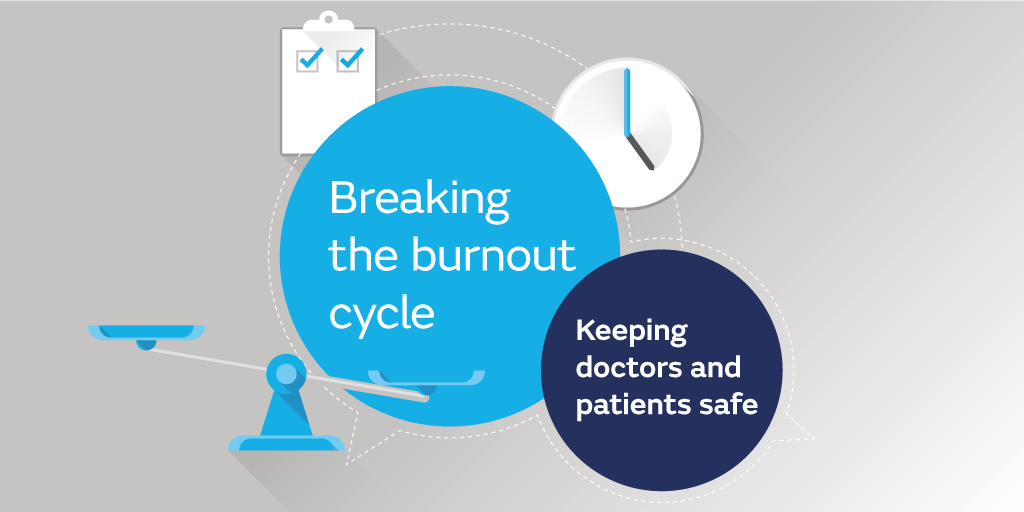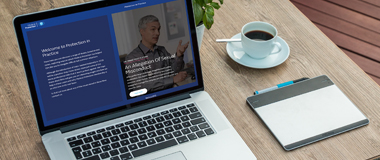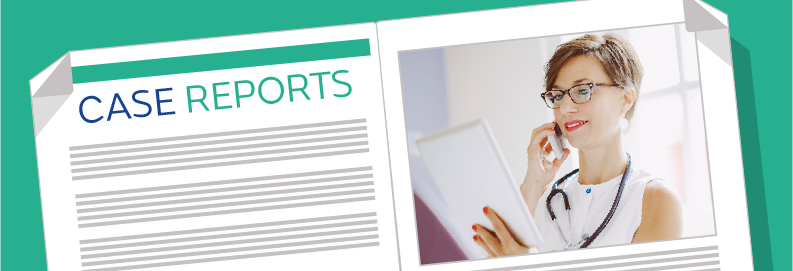Is my patient fit to fly?
Post date: 06/08/2018 | Time to read article: 4 minsThe information within this article was correct at the time of publishing. Last updated 07/07/2021
Now that the peak holiday season is upon us, GPs may find themselves asked to declare patients “fit to fly”. Dr Rachel Birch, medicolegal adviser at Medical Protection, presents two case scenarios, illustrating what GPs can do to support patients while minimising potential risks.
Case study 1 – Honeymoon sunshine
Miss B had insulin dependent diabetes and came to see Dr R in a routine diabetic clinic appointment. She told him she was getting married in six weeks and her fiancé had just told her he wanted to take her to the Caribbean. She had read that people with diabetes may require medical travel clearance from their doctors.
Dr R undertook a routine diabetic review with Miss B. They discussed her medication regime, and she denied any hypoglycaemic symptoms. He looked at her recent blood results and conducted a physical examination. It appeared that her diabetic control was good and her condition was stable.
They discussed what she would need to carry with her on the flight. She would require needles, insulin, a blood sugar testing kit and medications for diabetic emergencies. Dr R arranged for Miss B to see the diabetic specialist nurse at the local hospital to discuss the insulin regime she would require for the flight.
All of this meant that Dr R could state that he knew of “no reason why Miss B couldn’t fly”, and clarified in writing what equipment and medication Miss B would be carrying in her hand luggage and why. He also advised Miss B to contact the airline in advance to discuss her equipment and medication, and her dietary requirements.
Learning points
Airlines may ask patients to provide letters or medical certificates confirming that a person’s medical condition is currently stable and the patient is “fit to fly”.
GPs should consider the wording of statements for airlines carefully, and where possible offer factual information about a patient’s condition, the stability of it and presence or absence of recent deterioration.
If asked to comment on fitness to fly, avoid stating a patient is “fit to fly” as the latter could be perceived as a guarantee of a patient’s fitness.
Try to word statements carefully, using phrases such as “this patient’s condition appears to be stable” or “I know of no reason why this patient shouldn’t be fit to fly”.
Diabetes UK 1 offers advice on diabetes and travel. Before flying patients should consider consulting a specialist doctor or nurse regarding their insulin regime, especially if the flight is long. Passengers should be able to administer their own medication without difficulty. It is important that they are aware of problems caused by time zone changes and follow the specialist advice.
Case study 2 – My son’s graduation
Mrs F, a 56-year-old mother of three, came to see Dr Y in the middle of a busy on-call surgery. She said she needed her to complete a form stating that she was fit to fly. Her oldest son had recently finished his university course in New York and she wanted to attend his graduation ceremony.
Mrs F had been diagnosed with bronchiectasis three years previously. In the past year she had required treatment with antibiotics for chest infections on four occasions, but she was currently well. She had been told by the specialist respiratory nurse that people with bronchiectasis may require medical travel clearance from their doctors before being allowed to board an aircraft.
Although Dr Y knew Mrs F well, she felt that she did not have the expertise to comment on her fitness to fly. She was concerned that at cabin altitude there could be a slight reduction in the oxygen level, and she did not know if this would present a risk to Mrs F.
She arranged a longer appointment with Mrs F for the following day, and agreed to try to contact her respiratory consultant in the meantime.
She contacted Dr M, the respiratory consultant, who agreed to review the patient in his clinic. Dr M ultimately agreed to complete the form for Mrs F, as he felt her bronchiectasis was stable and that she would not require oxygen for the flight.
Learning points
The GMC advises that doctors “must recognise and work within the limits of your competence”. 2 Dr Y was correct not to provide a certificate for Mrs F when she felt this was beyond her expertise as a GP.
It was appropriate to ask the respiratory consultant for advice on travel, since the difference in oxygen levels at altitude may compromise some patients with respiratory disease.
The British Lung Foundation offers helpful advice on travel for patients with respiratory disease 3
Patients should be advised to check with their travel insurance companies if there are any doubts about their fitness to travel.
Summary
Patients may not always consider that air travel is risky and consider that it is a routine matter for a GP to sign a fitness to fly statement.
Doctors may wish to consider discussing with patients whether air travel could adversely affect a pre-existing medical condition. The guidance outlined by the Aviation Health Unit of the Civil Aviation Authority 4 is a useful resource as it outlines factors to consider including the effect of decreased air pressure in the cabin, immobility, timings of medication, the mental and physical effect of navigating through airports and the need for health insurance.
Fitness to fly can be an emotive area. Patients may have special reasons for wanting to travel and doctors may feel pressure to complete forms and declarations of fitness to fly. However, it is important that GPs act in their patients’ best interests and only make statements that are truthful and honest and not misleading.
Medical Protection can offer advice and guidance on completing fit to fly forms – call us on 0800 561 9090.
References
1. diabetes.org.uk - Travel & diabetes
2. GMC - Good medical practice
3. British Lung Foundation - Going on holiday
4. CAA - Fitness to fly



.png?Status=Master)

